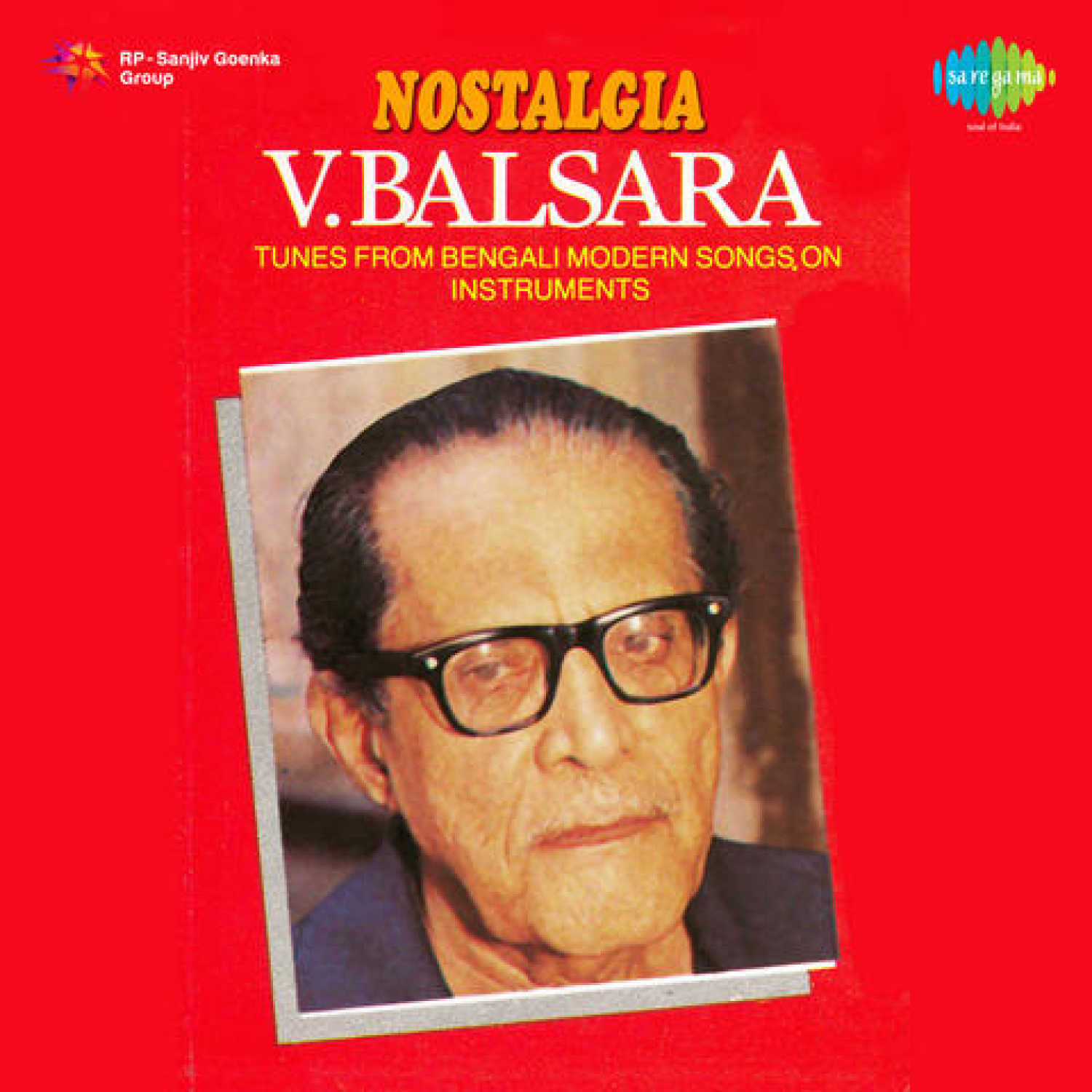For his 95th birth anniversary today (22 June), a look at the man who moved from Mumbai to Kolkata in his pursuit of great music.
Remembering the music legend V Balsara
Mumbai - 22 Jun 2017 8:00 IST
Updated : 23 Jun 2017 11:52 IST


Sonal Pandya
An adept musician and composer, Vistasp Ardeshir Balsara (better known as just V Balsara) was born on 22 June 1922 in Bombay. He learnt music on the harmonium as a child from his mother. By the time he was six, he had given a public performance at the Cowasjee Jehangir Hall in Mumbai on the pedal harmonium. Over the years, he would go on to master the piano, the keyboard, the piano accordion, and many more instruments. It is said that he learnt the piano from a German musician named Hildafeld.
Balsara started his association with film music with Badal (1942) when he assisted Ustad Mustaq Hussain. He also assisted Khemchand Prakash and Ghulam Haider and co-composed the music of Circus Girl (1943) with Vasant Kumar Naidu.
Balsara composed film music in Bombay from the 1940s to the early 1950s. He even worked under the great Naushad. In 1947, he was named the orchestra director of HMV and later became part of RK Films to work with the legendary Shankar-Jaikishan. In 1952, he was involved in setting up the Cine Musicians Association in Bombay as founder secretary.
However, a couple of years later, Balsara was invited by Bengali music composer Gyan Prakash Ghosh to visit Calcutta (now Kolkata) for a musical show and ended up staying there until his death on 24 March 2005.
Cinestaan.com had a telephonic conversation with Prattyush Banerjee, a musician and composer from Kolkata, who had the honour of working with the maestro. He knew the composer in the late 1990s when he played for his recordings.
Banerjee said, “When he was here [in Kolkata], he was already an established musician. In Mumbai, he played mostly the harmonium and a little bit of piano, but in Kolkata, he became more famous as a pianist and piano accordion player.”
Banerjee shared with us an old Doordarshan Bangla video online which shows Balsara and music composer and singer Hemant Kumar harmonizing on different instruments. He shared a close personal and professional relationship with Hemant Kumar, whom he met for the first time in 1943 at Filmistan Studios in Bombay. Balsara considered Hemant Kumar to be his elder brother and often toured with him across the country and the world.
“He was very well-known as a master keyboardist and would play the harmonium, organ, piano, piano accordion, melodica, univox, all these instruments were popularized by him in the recording industry," said Banerjee. "He became very interested in Bangla music, especially [Rabindranath] Tagore songs, and he recorded many important Rabindranath recordings in Kolkata. All Tagore songs are nicely notated, but there were a few where the notations were not exactly done. So Mr Balsara has contributed to the university by doing his own notations for some Tagore songs.”
Balsara was a pioneer in playing Indian ragas on the piano. There used to be LP discs available of these recordings at one point. Banerjee also revealed that Balsara often conducted jugalbaandis (duet concerts) with other instrumentalists. “One of those musicians, fortunately, was my guruji, Pandit Buddhadev Das Gupta [the renowned sarod player]. He is my sarod guru and he would play a lot with Mr Balsara,” he said.
Banerjee remembers Balsara as an active, jovial man who made music recordings fun. “He was one of the sweetest persons I’ve seen, always smiling and cracking jokes with youngsters. He would be very naughty also sometimes. We would be slightly concerned about his health because Parsis enjoy very rich food, especially richly made meat items. He was a voracious eater and really loved his life. He conducted his life very systematically, in a disciplined way,” he remembered.
Banerjee also revealed that Balsara had written a technical book where “he tried to explain to Western musicians how to apply chords in Indian ragas”. Like his time in Mumbai, Balsara remained a part of the musicians’ circuit in Kolkata as well.
“He was secretary of the Cine Music Association in Kolkata for a long time," Banerjee said. "Later on, he became the president. He was respected and loved both in Kolkata and Mumbai. Although he left Mumbai, he used to be in constant touch with Mumbai musicians. He was like a father figure.”
A popular musician, Balsara could frequently be found with his own orchestra playing concerts. Besides this, Banerjee said, Balsara “was also attached to the All India Radio in Kolkata, he was an acclaimed composer there. He has composed many original songs for Bangla films and [private albums].”
Since his relocation to Kolkata, the composer became fluent in Bengali as well, besides speaking his native Gujarati, Hindi and English. Balsara made translations of Tagore’s work and other Bangla work into English and some other languages.





